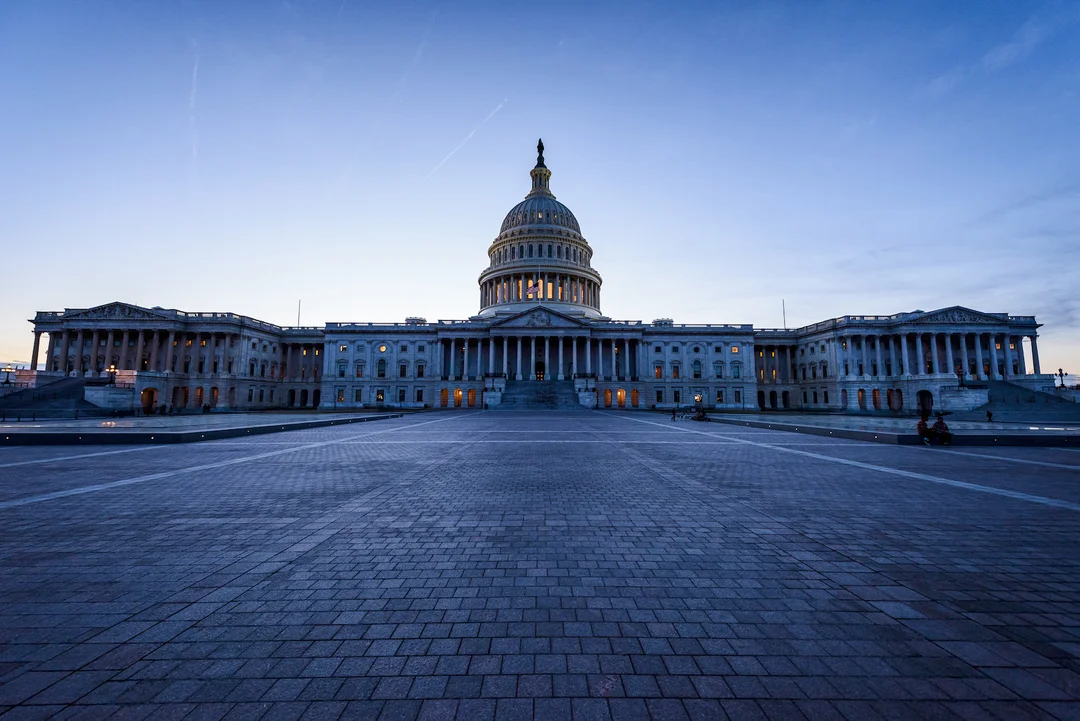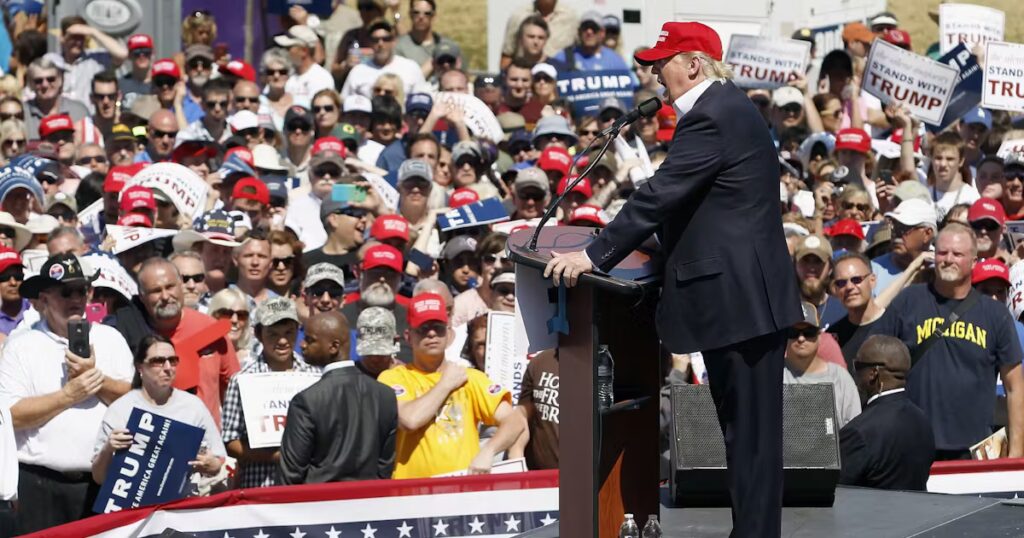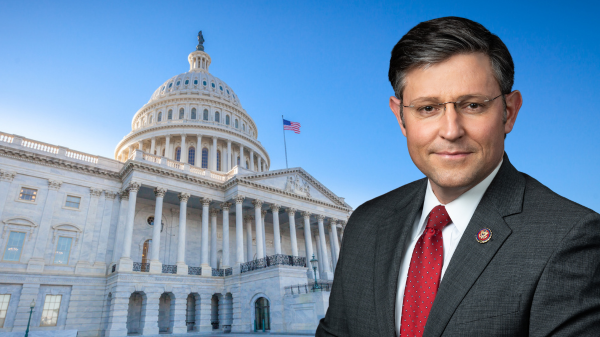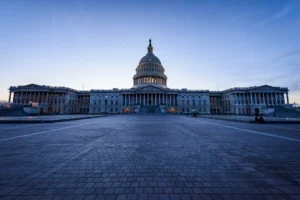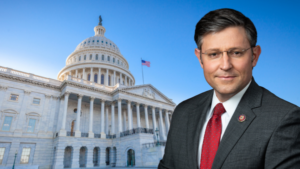As Donald Trump prepares to take office as the 47th President in January 2025, his cabinet selections are sending shockwaves through international diplomatic circles, particularly in Europe. This comprehensive analysis reveals how Trump’s new foreign policy team could dramatically reshape America’s global engagement.
The New Foreign Policy Architecture
Trump’s key appointments signal a significant shift:
- Michael Waltz as National Security Advisor
- Marco Rubio as Secretary of State
- Elise Stefanik as UN Ambassador
- JD Vance as Vice President
The Three Tribes of Republican Foreign Policy
Understanding Trump’s strategy requires recognizing three distinct groups:
- Primacists:
- Traditional Republican foreign policy elite
- Support continued US global leadership
- Advocate strong NATO commitment
- Back ongoing Ukraine support
- Prioritisers:
- Focus on China threat
- Advocate European self-reliance
- Support reduced Ukraine funding
- Emphasize Indo-Pacific strategy
- Restrainers:
- Prioritize domestic issues
- Oppose foreign military engagement
- Focus on border security
- Support military spending reduction
Key Policy Shifts and Implications
European Security:
- Potential NATO role reduction
- Pressure for European defense self-sufficiency
- Changed approach to Ukraine support
- New peace deal possibilities with Russia
China Strategy:
- Increased focus on Indo-Pacific
- Potential business-policy conflicts
- Stricter trade measures
- Enhanced military preparedness
Middle East Dynamics:
- Mixed approaches to Iran
- Strong Israel support
- Complex business interests
- Regional stability concerns
The Corporate Influence
Several key players outside traditional policy circles could shape decisions:
- Elon Musk’s China business interests
- Jared Kushner’s Middle East connections
- Richard Grenell’s European influence
- Robert Lighthizer’s trade perspective
European Response Strategy
European nations must prepare for:
- Increased defense responsibility
- New Ukraine support mechanisms
- Alternative security arrangements
- Enhanced diplomatic initiatives
- Economic independence measures
Wild Card Factors
Several variables could affect policy implementation:
- Trump’s unpredictable decision-making
- Internal cabinet conflicts
- International crisis responses
- Business influence on policy
- Regional power dynamics
